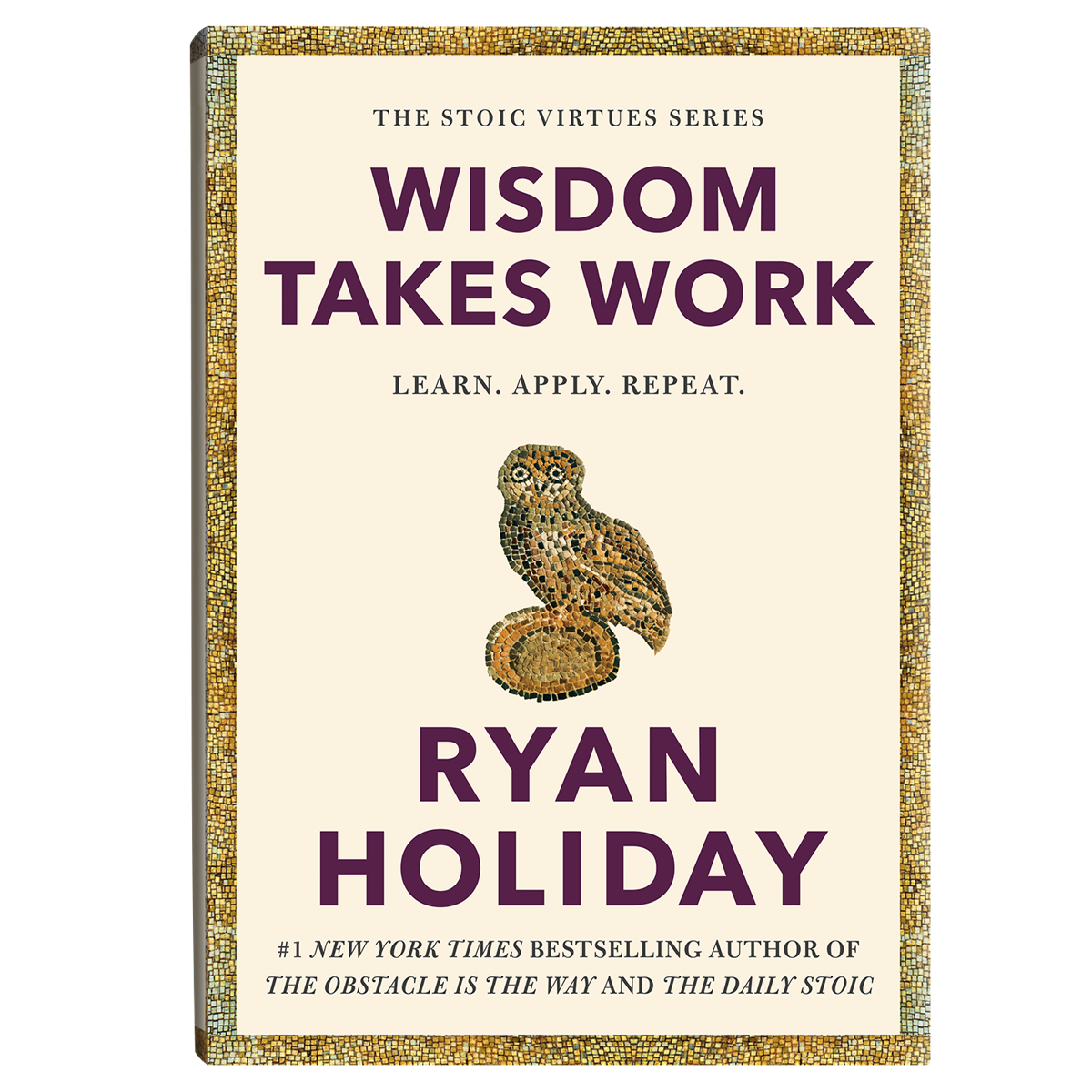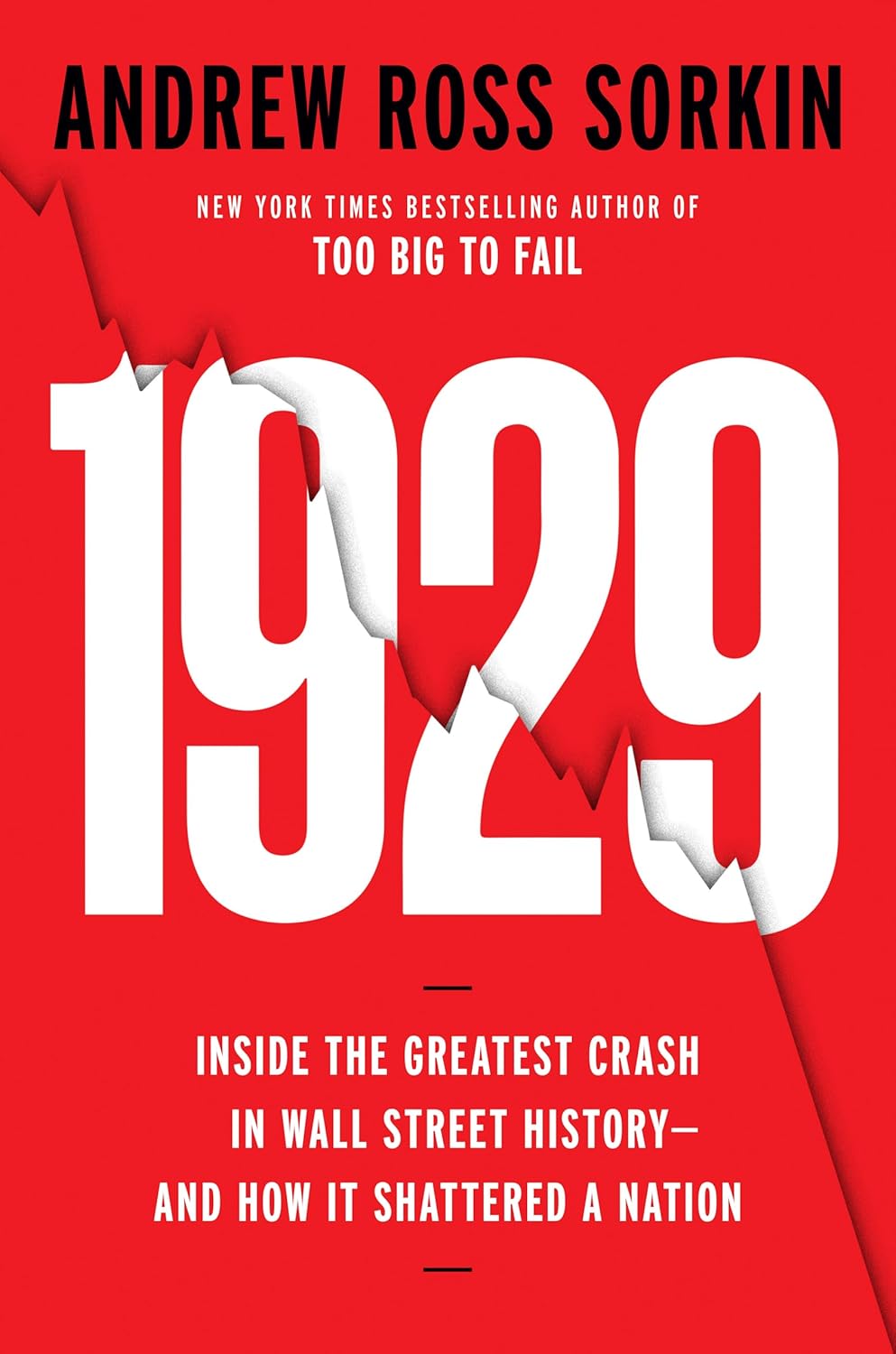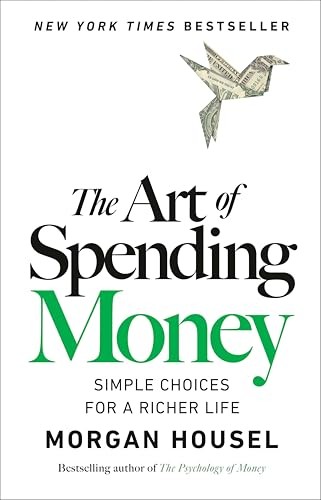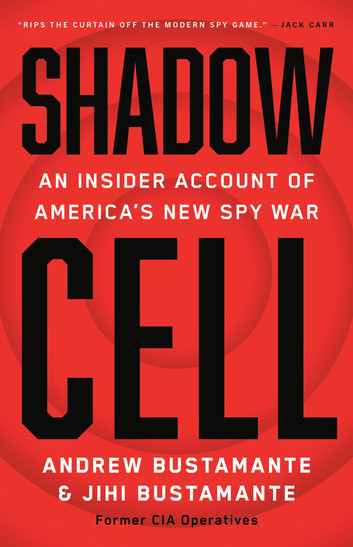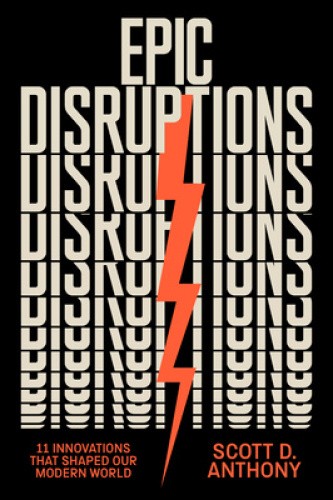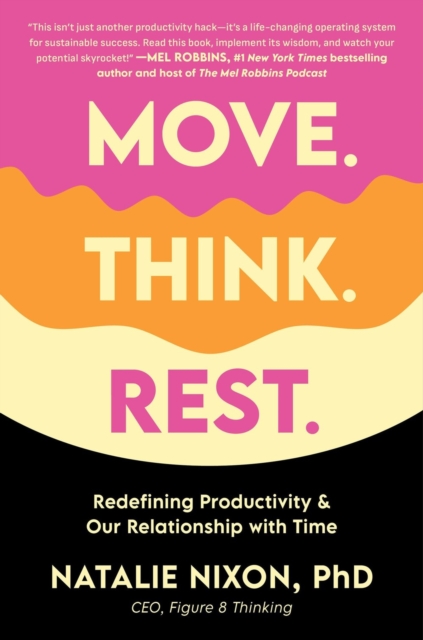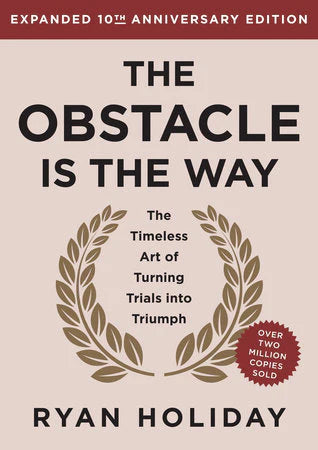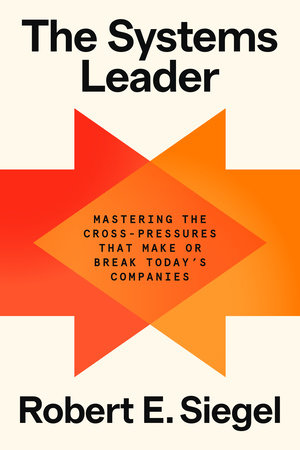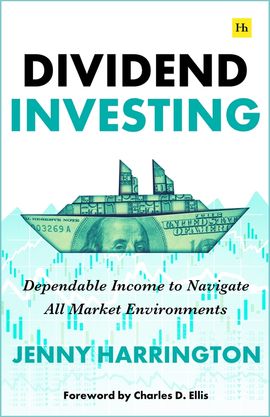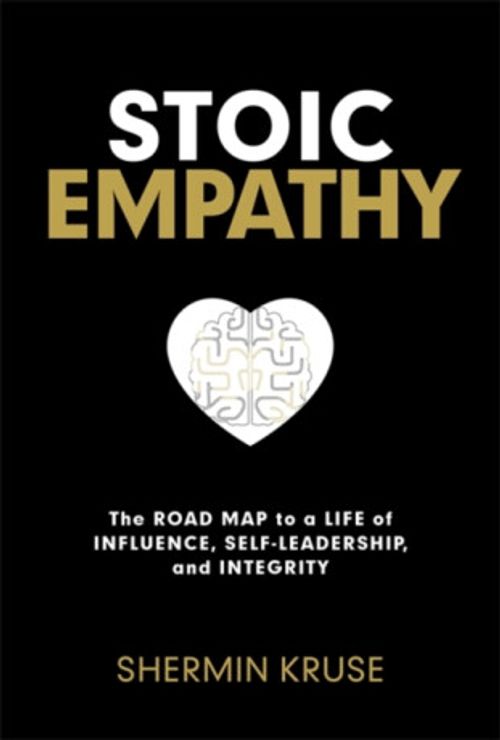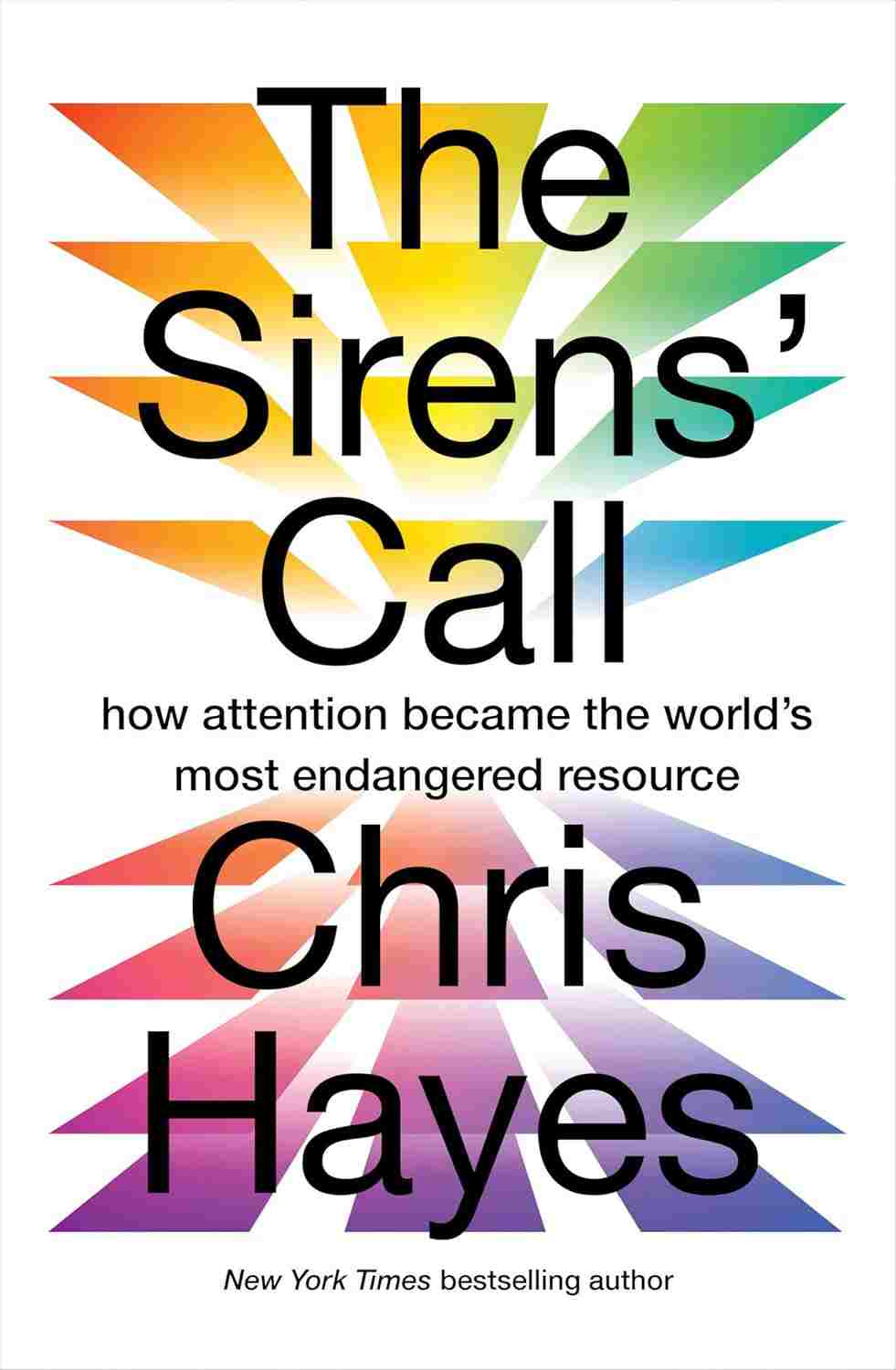andbenn reviewed Epic Disruptions by Scott D. Anthony
11 recent business disruptors that changed history
4 stars
This Dartmouth instructor releases this new book probably with use cases and stories from his classes. This is packed with details on 11 distruptors and how they changed history. He does a little on identifying disruptors, which can appear to potentially make great changes, but don't stick.
This Dartmouth instructor releases this new book probably with use cases and stories from his classes. This is packed with details on 11 distruptors and how they changed history. He does a little on identifying disruptors, which can appear to potentially make great changes, but don't stick.
